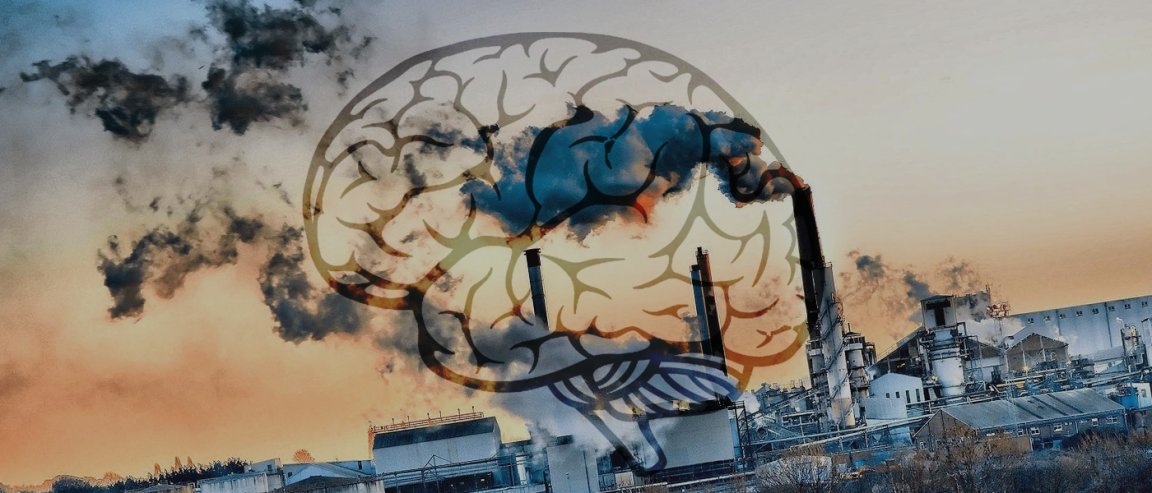
Neurodegeneration
Smog and soot is doing a lot more than just obscuring city skylines—according to several studies, air pollution has become so severe that it might increase a person’s risk of Alzheimer’s disease and other types of dementia.
The dangers that inhaling pollution impose on our respiratory system are well documented. Asthma, lung cancer, and even heart disease have been proven to be linked to this exposure. Now, there’s mounting evidence that what lurks in our air could also harm the brain, speeding up cognitive aging that can lead to more serious, debilitating neurological diseases.
Current research is focused on the effects that ultrafine pollutant particles in the air, referred to as PM2.5, have. The smaller these particles are, the more damage they could cause within DNA and other cellular structures.

According to one 11-year epidemiological study conducted by University of Southern California (USC) researchers, exposure to above-normal levels of polluted air may double the risk of dementia. The study focused on older women who lived in places where air pollutants exceeded the Environmental Protection Agency’s (EPA) standard of safety (12 µg/m3). If these results could be shown in a larger group, they could be linked to around 21 percent of dementia cases worldwide.
Supporting USC’s findings, researchers from the University of Toronto have also reported that residents who live within 50 meters of a major thoroughfare were 12 percent more likely to develop dementia due to higher exposure to fine pollutants.
One of the earliest observations of how air pollution affects the brain was based on a study that looked at its effects in aging dogs in Mexico City. According to Neuroscientist Lilian Calderon-Garciduenas, dogs who lived in polluted areas of the city displayed disorientation and couldn’t recognize owners. When the dogs died, they found that these dogs had elevated plaque levels, similar to what is associated with Alzheimer’s disease.
In a separate study where scientists exposed mice to aerosolized pollutants, it was found that mice exposed to pollution showed signs of Alzheimer’s disease and memory loss, as well as other signs of brain damage.
The Air We Breathe
Despite the severity of these claims, experts are quick to point out that the research is still young, and the correlation between pollution and neurodegeneration has to be studied further.
Until this correlation can be supported further, it might be helpful to study the ramifications of the Anthropocene—an era marked by climate change, air pollution, population growth, and significant rainforest loss—and what we can do about our environment.
In 2013, China was forced to shut down the city of Harbin, a major city in the world’s biggest industrial nation with over 11 million residents, due to smog. Last year, NASA and the California Institute of Technology illustrated the severity of pollution originating from Asia and how it affects cloud development in regions as far as North America, strengthening tropical cyclones. And this year, Beijing and Tianjin, major urban centers in China, issued red alerts due to heavy, toxic smog that enveloped the cities.
Because of our dependence on fossil fuels, considered to be the biggest pollutant to date, it’s hard to completely eliminate air pollution. But while we are unable to control the air itself, we do have the ability to control what goes in it, and at the end of the day, we can continue working to protect ourselves. So, as research continues and the case against pollution grows, we can try to think of ways to limit our own impacts on the environment.